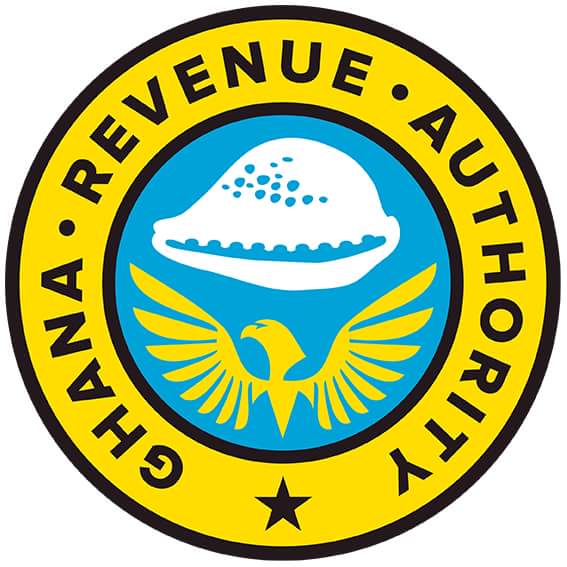The Ghana Revenue Authority (GRA) says it will reject any expenditure incurred by any company in Ghana without a Value Added Tax (VAT) invoice starting from October.
This, according to the Authority, forms part of moves to, among other things, ensure that all tax revenue leakages are sealed.
Over the years, the Ghana Revenue Authority has had to tussle with and eventually prosecute several business entities over their failure to issue tax invoices to clients.
While speaking at the launch of the RACE initiative, the Commissioner-General of the GRA, Rev. Ammishaddai Owusu-Amoah, said his outfit would no longer tolerate this situation.
“We are focusing on data warehousing, data matching, and artificial intelligence to be able to make sure that there’s compliance. Defaulters who in the past were able to dodge, in the future we are sure that we’ll be able to find them. Therefore, enforcement actions are very important for us to ensure that we comply.”
“In fact, from October 1, we have come out with an initiative that says that if you present any expenditure when you’re being audited, and you don’t have a VAT invoice to support that particular expenditure, it does not exist as far as GRA is concerned. So it means that everyone who does their expenditure in line with the VAT regulations must ensure that whatever he/she reports in his books comply with the VAT regulations.”
The Value Added Tax (VAT) invoice is a document issued by any accountable person to set out the details of a taxable financial activity as prescribed by the VAT law.
The 2018 Mid-Year budget amended the VAT rate from 15% to 12.5% and delinked the National Health Insurance Levy (NHIL) and Ghana Education Trust Fund (GETFund) from VAT by removing their input tax deductibility.
A person who issues a false tax invoice or sales receipt; uses a false taxpayer identification number or fails to issue a tax invoice or sales receipt, is in addition to a fine, liable to a term of imprisonment and a penalty of not more than GHS500.00 or three times the amount of tax involved






